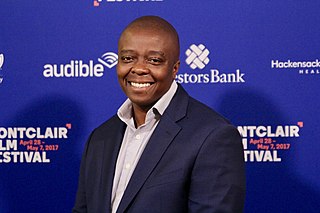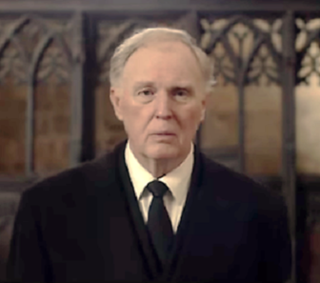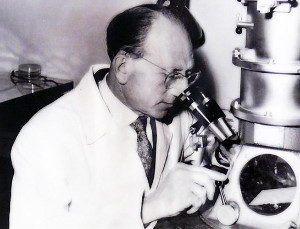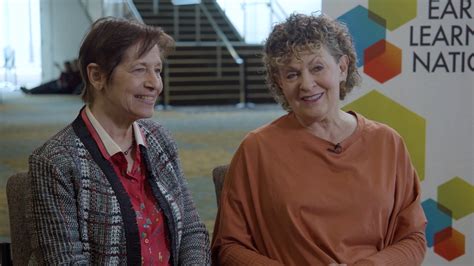A Quote by Carl Rogers
The facts are always friendly, every bit of evidence one can acquire, in any area, leads one that much closer to what is true.
Related Quotes
Religion is based upon blind faith supported by no evidence. Science is based upon confidence that results from evidence - and that confidence can be modified and/or reversed by further observations and experimentation. Science approaches truth, closer and closer, by hard dedicated work. Religion already has it all decided, and it's in the book. It's dogma, unchangeable, and unaffected by reality and whatever facts we come upon in the real world.
I would, like any other scientist, willingly change my mind if the evidence led me to do so. So I care about what's true, I care about evidence, I care about evidence as the reason for knowing what is true. It is true that I come across rather passionate sometimes - and that's because I am passionate about the truth... I do get very impatient with humbug, with cant, with fakery, with charlatans.
When incentive to acquire and obtain property is gone, people no longer make efforts to acquire any... Those who infringe upon property rights commit an injustice... If this occurs repeatedly, all incentives to cultural enterprise are destroyed and they cease utterly to make an effort. This leads to destruction and ruin of civilization.
From the almost total absence of fossil evidence relative to the origin of the phyla, it follows that any explanation of the mechanism in the creative evolution of the fundamental structural plans is heavily burdened with hypothesis. This should appear as an epigraph to every book on evolution. The lack of direct evidence leads to the formulation of pure conjecture as to the genesis of the phyla; we do not even have a basis to determine the extent to which these opinions are correct.
The first job of the historian and of the journalist is to find facts. Not the only job, perhaps not the most important, but the first. Facts are the cobblestones from which we build roads of analysis, mosaic tiles that we fit together to compose pictures of past and present. There will be disagreement about where the road leads and what reality or truth is revealed by the mosaic picture. The facts themselves must be checked against all the available evidence. But some are round and hard--and the most powerful leaders in the world can trip over them. So can writers, dissidents and saints.
Witness testimony is always flawed. It's better than circumstantial evidence, sure, but people aren't camcorders; they don't record every action and reaction, and the very act of remembering involves chosing words, actions and images. In other words, any witness who was supposed to be giving a court facts is really just giving them a version of fiction.






































